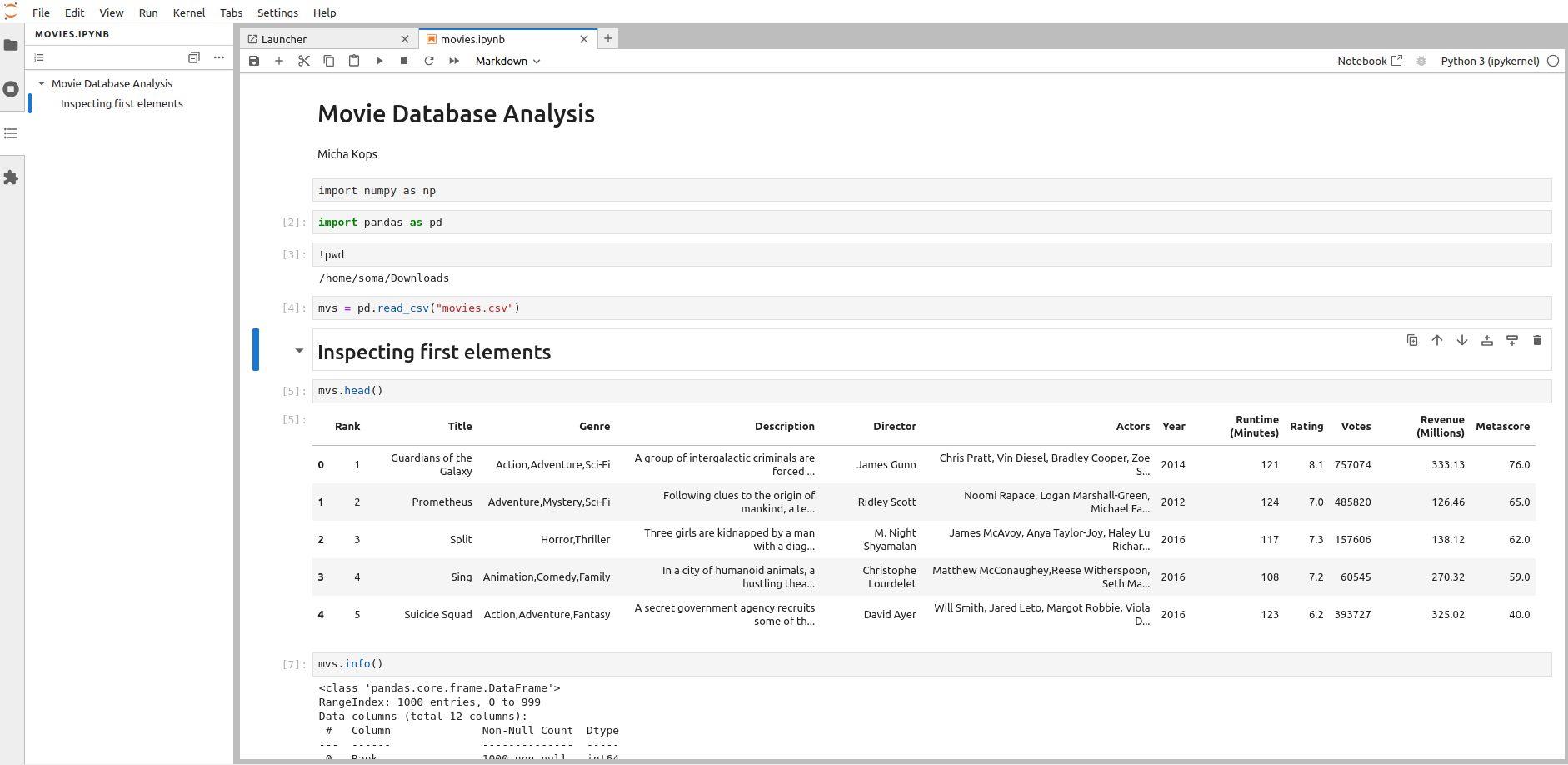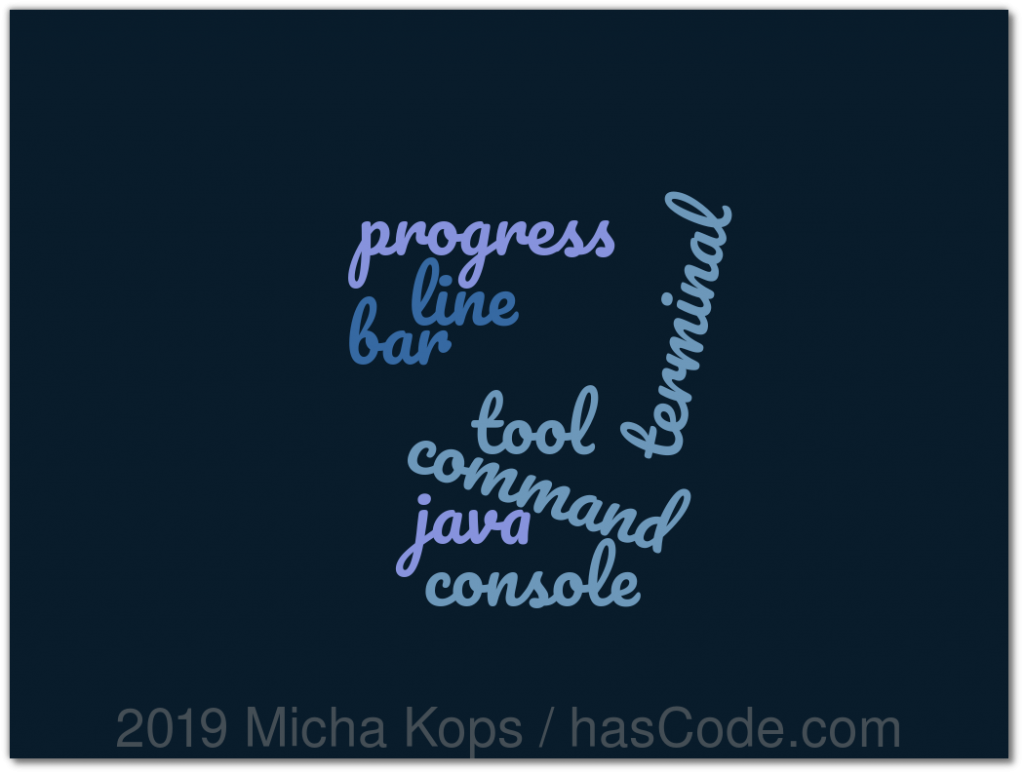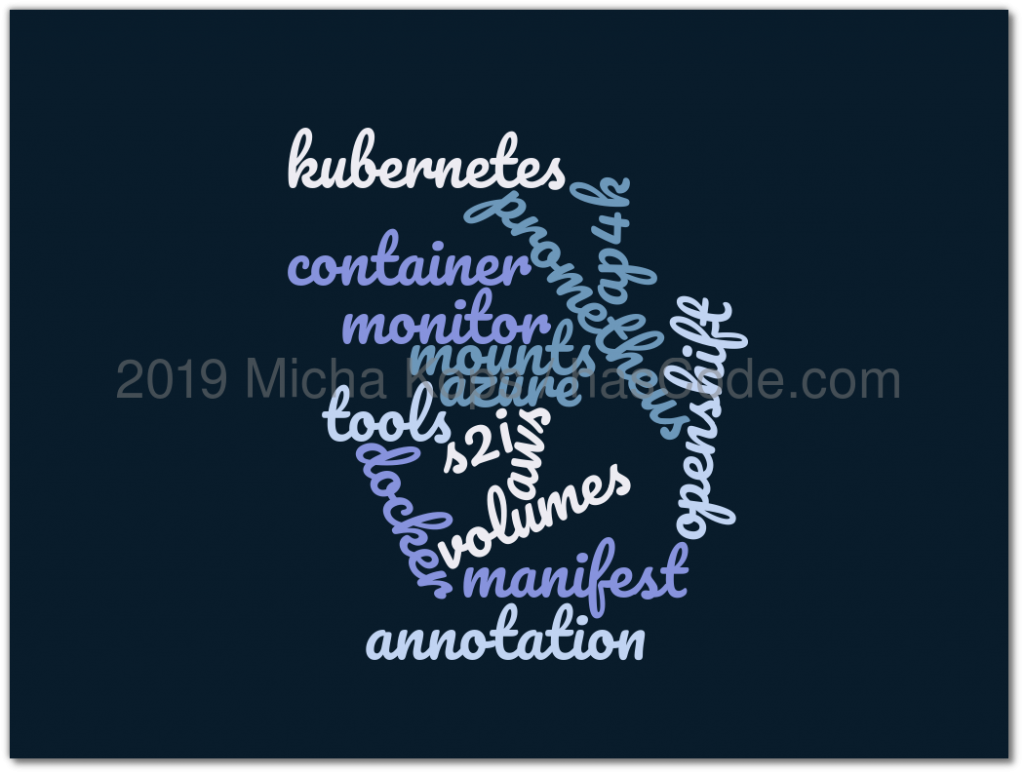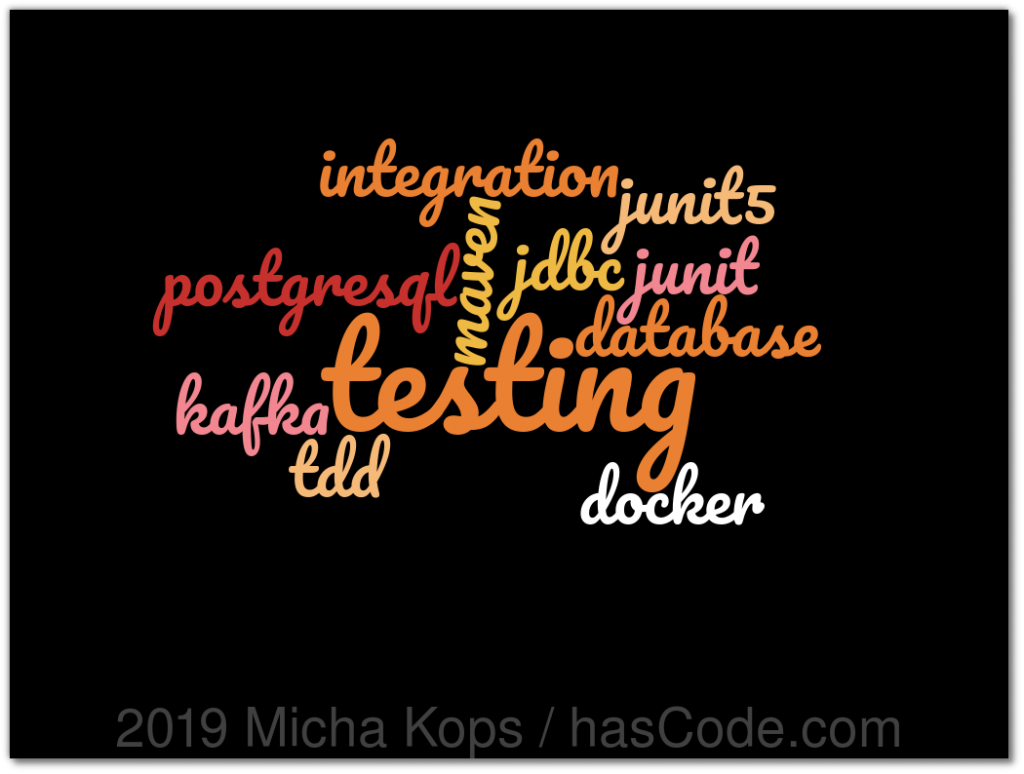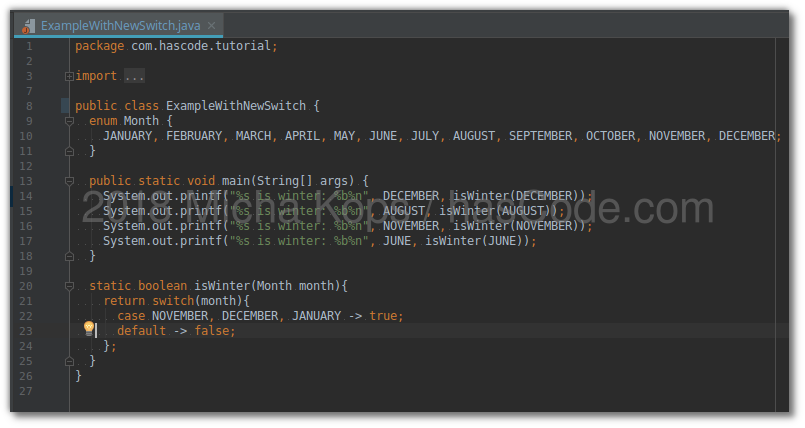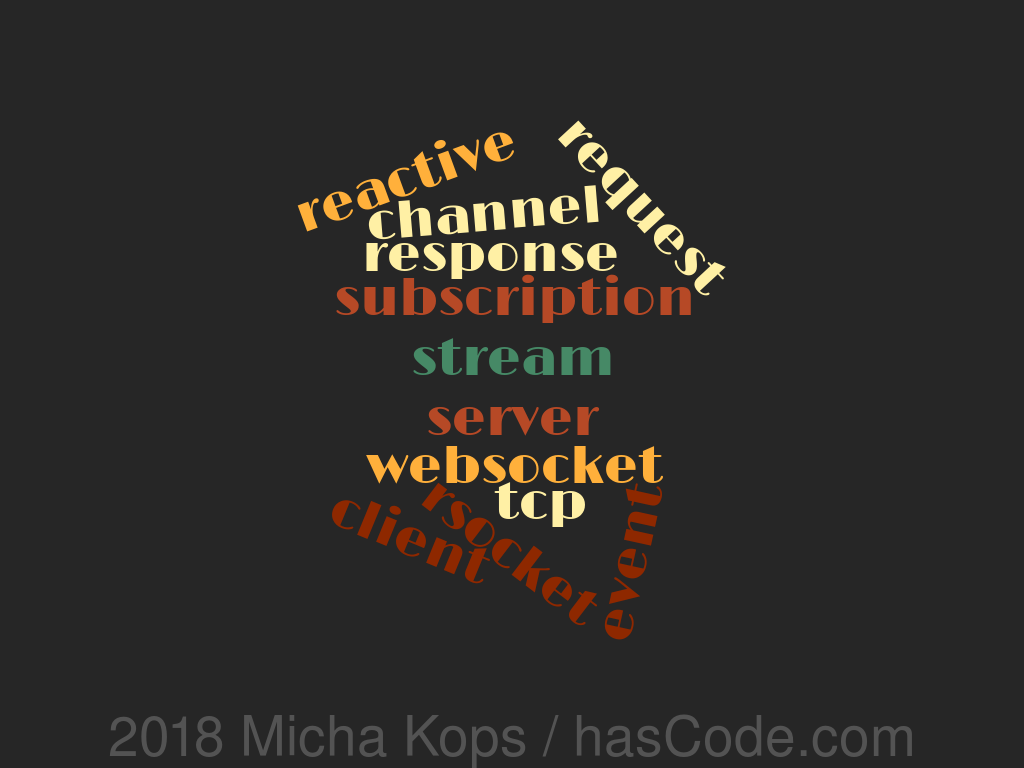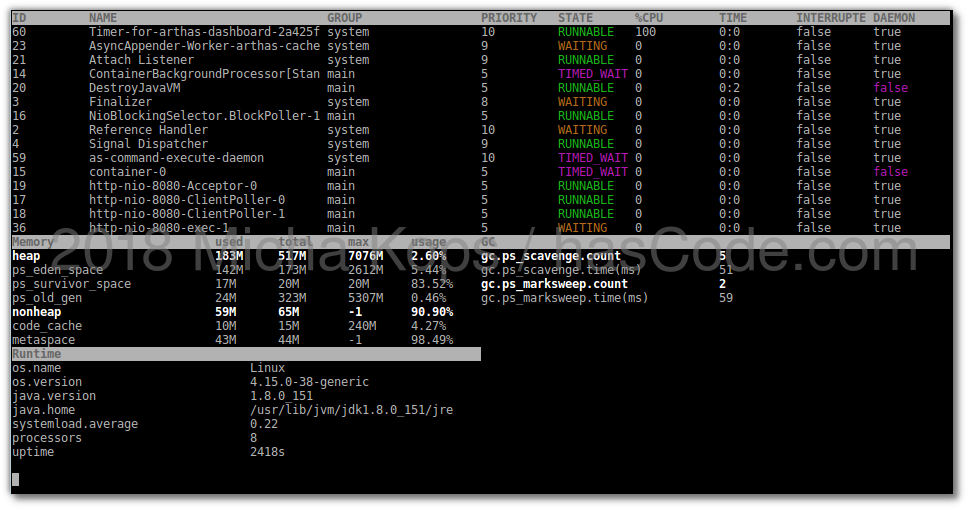WordPress Docker Setup
Goals Run WordPress via Docker / Docker-Compose Increase the Upload Filesize Limit Create Docker Compose Configuration Create a docker-compose.yml: version: '3.1' services: wordpress: image: wordpress restart: always ports: - 8080:80 environment: WORDPRESS_DB_HOST: db WORDPRESS_DB_USER: exampleuser WORDPRESS_DB_PASSWORD: examplepass WORDPRESS_DB_NAME: exampledb volumes: - wordpress:/var/www/html db: image: mysql:5.7 restart: always environment: MYSQL_DATABASE: exampledb MYSQL_USER: exampleuser MYSQL_PASSWORD: examplepass MYSQL_RANDOM_ROOT_PASSWORD: '1' volumes: - db:/var/lib/mysql volumes: wordpress: db: Run Docker Compose / Start Containers docker-compose up WARNING: Found orphan containers (wordpress-docker_phpmyadmin_1) for this project. If you removed or renamed this service in your compose file, you can run this command with the --remove-orphans flag to clean it up. Starting wordpress-docker_db_1 ... done Starting wordpress-docker_wordpress_1 ... done Attaching to wordpress-docker_db_1, wordpress-docker_wordpress_1 [..] db_1 | 2021-04-03T18:58:17.247963Z 0 [Note] mysqld: ready for connections. db_1 | Version: '5.7.33' socket: '/var/run/mysqld/mysqld.sock' port: 3306 MySQL Community Server (GPL) ...
